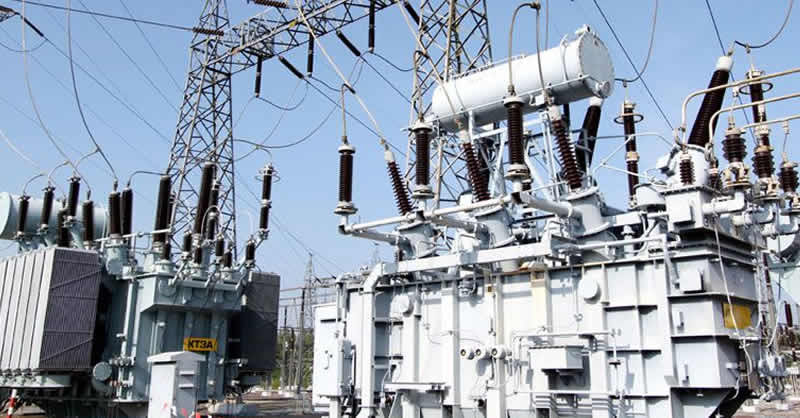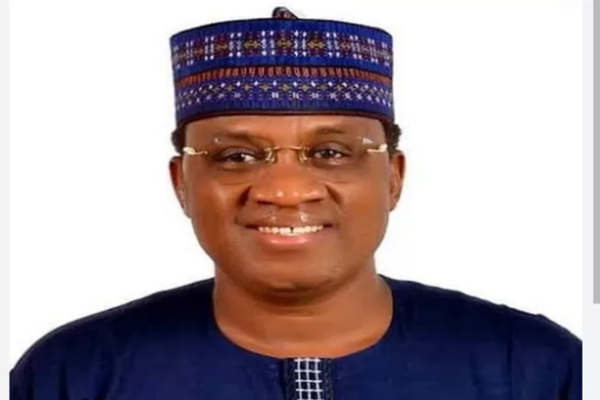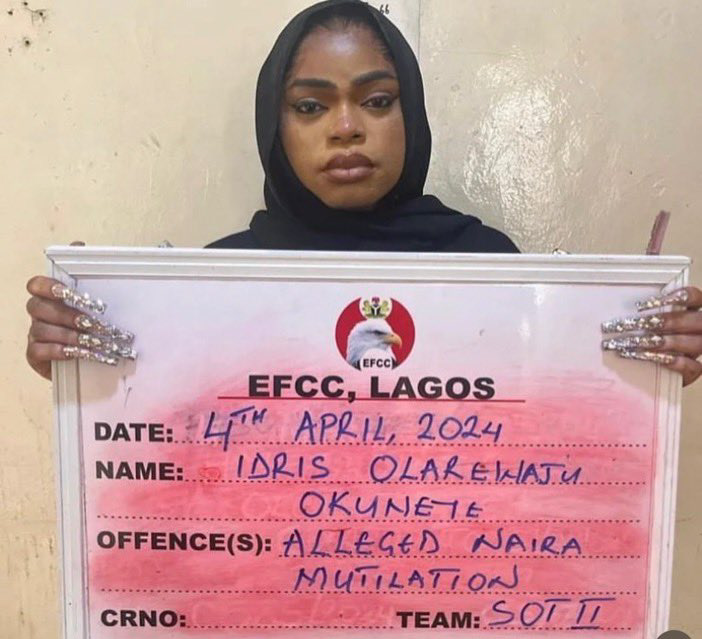Nigeria's national grid has collapsed 105 times in recent years, despite significant investments and multiple loans aimed at revamping the power sector. Under both President Bola Tinubu and former President Muhammadu Buhari, the grid has repeatedly failed, leading to widespread blackouts across the country. Buhari’s administration witnessed 93 collapses over eight years, while Tinubu’s government has recorded 12 collapses in just 16 months.
The Nigerian government secured approximately $4.36 billion in loans from the World Bank over the past decade to address these challenges. These funds were meant to support infrastructure development, distribution reforms, and renewable energy projects. However, only a portion of the funds has been disbursed, and key projects remain incomplete, leaving the power sector in a state of crisis.
READ ALSO
TCN Blames National Grid Collapse on Transformer Explosion, Assures Restoration
Despite these efforts, the grid continues to face mechanical failures, exacerbated by outdated equipment and insufficient investment in maintenance. The Nigerian Electricity Regulatory Commission (NERC) has scheduled a public hearing to address the escalating frequency of grid collapses and the resulting impact on consumers and businesses.
Consumers and advocacy groups have expressed frustration with the grid's management, demanding accountability and better oversight. The ongoing blackouts have severely affected industries, small businesses, and daily life, raising concerns about the country's ability to overcome its longstanding power issues.




